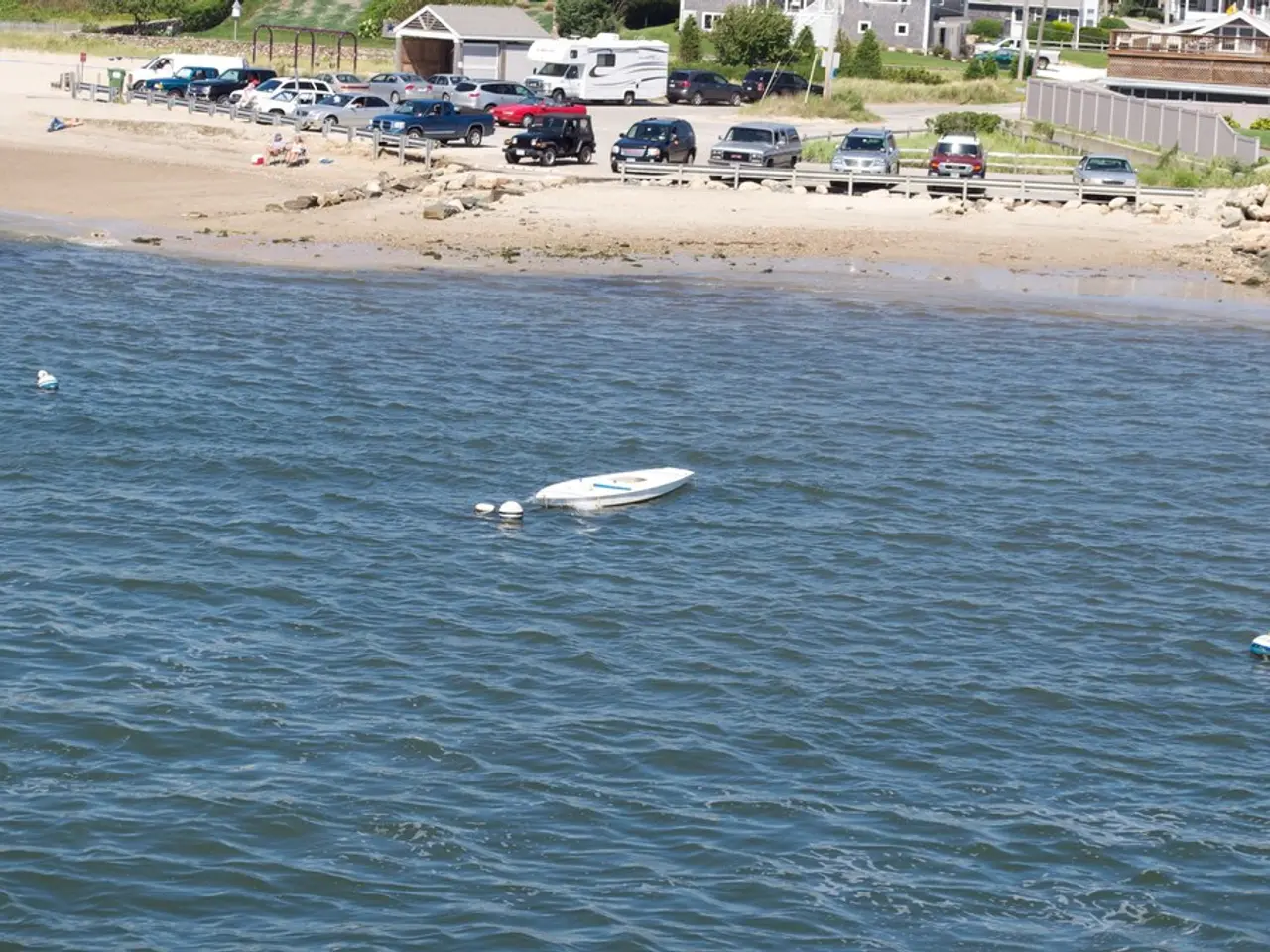Focus on the importance of prioritizing construction initiatives at the NOK site
The Kiel Canal, a critical shipping route in Europe, is currently undergoing a significant renovation and expansion project. This venture is driven by two key factors: its climate relevance and economic benefits.
Climate Relevance and CO2 Emission Reduction
The expansion of the Kiel Canal offers a promising solution to reduce carbon emissions from maritime transport. By accommodating larger, more fuel-efficient vessels, such as LNG-powered or hybrid ships, the canal enables more efficient ship transit routes. This results in lower fuel consumption and associated emissions for vessels using the canal, contributing to climate goals.
Moreover, optimized traffic management and reduced bottlenecks decrease idle times and emissions from ships waiting to transit. The Kiel Canal, in this regard, holds significant climate-political relevance due to its reduction of CO2 emissions.
Economic Benefits and Regional Growth
Economically, the expansion of the Kiel Canal is expected to support stronger international trade flows, benefiting regional economies and shipping industries. By accommodating larger vessels and improving traffic flow, the canal's expansion can stimulate regional and international commerce.
Studies of similar canal expansions, such as the Panama Canal, have shown that global real income gains from such infrastructure improvements are multiple times greater than local gains. This implies broad economic benefits from enhanced connectivity and efficiency.
In 2021, a study by the Kiel Institute for the World Economy found that the Kiel Canal generates an annual economic benefit of 570 million euros for Germany as a whole.
Challenges Ahead
Despite the promising prospects, the renovation and expansion of the Kiel Canal face challenges. These include increased costs, aging infrastructure, rising project numbers, and cost overruns. The key challenges relate to the complex engineering and logistical issues of upgrading a major waterway while minimizing disruptions to heavy maritime traffic.
Regular maintenance and upkeep are also crucial to ensure the canal remains operational and efficient. Delaying the expansion of the Kiel Canal would not benefit shipping, the environment, or the economy.
In summary, the current challenges are engineering complexity and operational disruptions during renovation; the economic benefits include increased trade capacity and regional growth; and the Kiel Canal's climate relevance arises from reduced ship emissions due to more efficient transit enabled by canal expansion. The Kiel Canal can only fully realize its potential in a fully operational state.
The expansion of the Kiel Canal, for instance, accommodating LNG-powered or hybrid ships, plays a vital role in environmental-science concerned with climate-change mitigation by reducing CO2 emissions from maritime transport. A study by the Kiel Institute for the World Economy in 2021 underlined the economic benefits of the project for Germany, generating an annual economic benefit of 570 million euros. However, the undertaking faces challenges in terms of increased costs, aging infrastructure, and logistical issues during renovation that need to be addressed to ensure the canal's smooth operation and maximize its environmental and economic potential.




